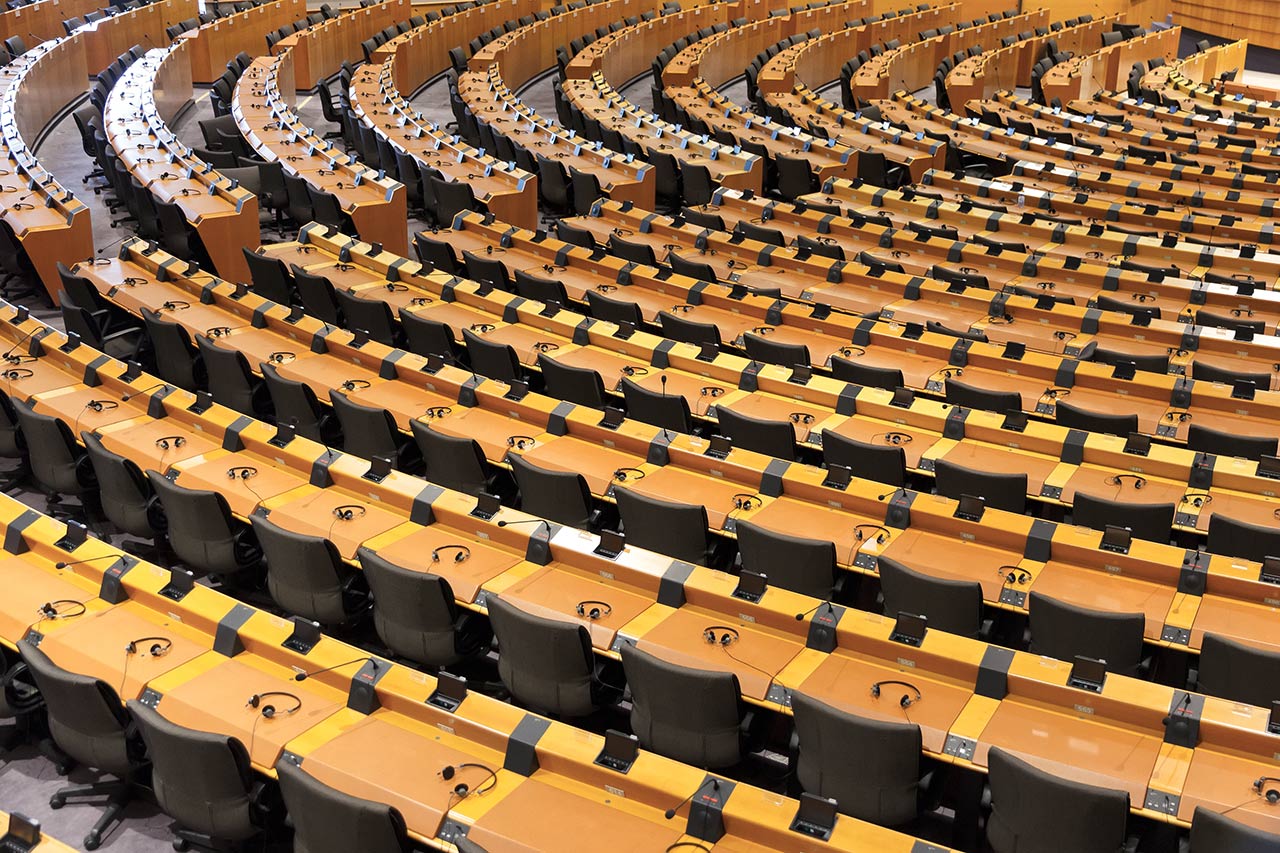Churchill’s Folly: The Gallipoli Campaign
The Gallipoli Campaign took place during World War I between 25th April 1915 and 9th January 1916. The Allies' goal was to capture...
Question
To what extent was Churchill to blame for Gallipoli?
Answer
The Gallipoli Campaign took place during World War I between 25th April 1915 and 9th January 1916. The Allies’ goal was to capture Constantinople and, in doing so, secure the sea route to the Russian Empire via the Dardanelles but it was an unequivocal disaster. Labelled “Churchill’s Folly” (Curran & Bonnell, 2015), Winston Churchill has been considered to be primarily responsible for the defeat. The offensive against the Ottomans was Churchill’s plan, one he continued with despite not being given as large a force as he initially demanded. The Mediterranean Expeditionary Force (MEF) was too small and also utilised obsolete equipment that rendered them vulnerable to attack (Macleod, 2004). In addition, the campaign drew upon inaccurate maps and outdated intelligence (Travers, 2002), all of which led to unsuccessful landings and a subsequent loss of surprise. Although Churchill was responsible for the poor planning to some extent, the British War Cabinet also contributed as a result of their refusal to support the plan to the fullest possible extent.
However, there are mitigating factors that suggest that blaming Churchill alone would be erroneous. The Ottoman forces were well organised (James, 1995) and the commanders exploited the geography of the area, utilising higher terrain to confine the Allied forces to landing beaches and limiting their ability to move inland (Doyle & Bennett, 1999). As such, although Churchill was to blame for Gallipoli to a great extent as a result of his strategic decisions, poor planning and determination to pursue the campaign, the complicity and decisions of the War Cabinet, determination of the Ottoman forces and geography of the region provide compelling evidence that he should not bear the responsibility for the loss alone.
References
Curran, T. & Bonnell, A., (2015). The Grand Deception: Churchill and the Dardanelles. Newport: Big Sky Publishing.
Doyle, P. & Bennett, M., (1999). Military Geography: The Influence of Terrain in the Outcome of the Gallipoli Campaign. The Geographical Journal, 165, pp. 12-36.
James, R., (1995). Gallipoli: A British Historian’s View. Parkville: University of Melbourne Press.
Macleod, J., (2004). Reconsidering Gallipoli. Manchester: Manchester University Press.
Travers, T., (2002). Gallipoli 1915. London: Tempus.
